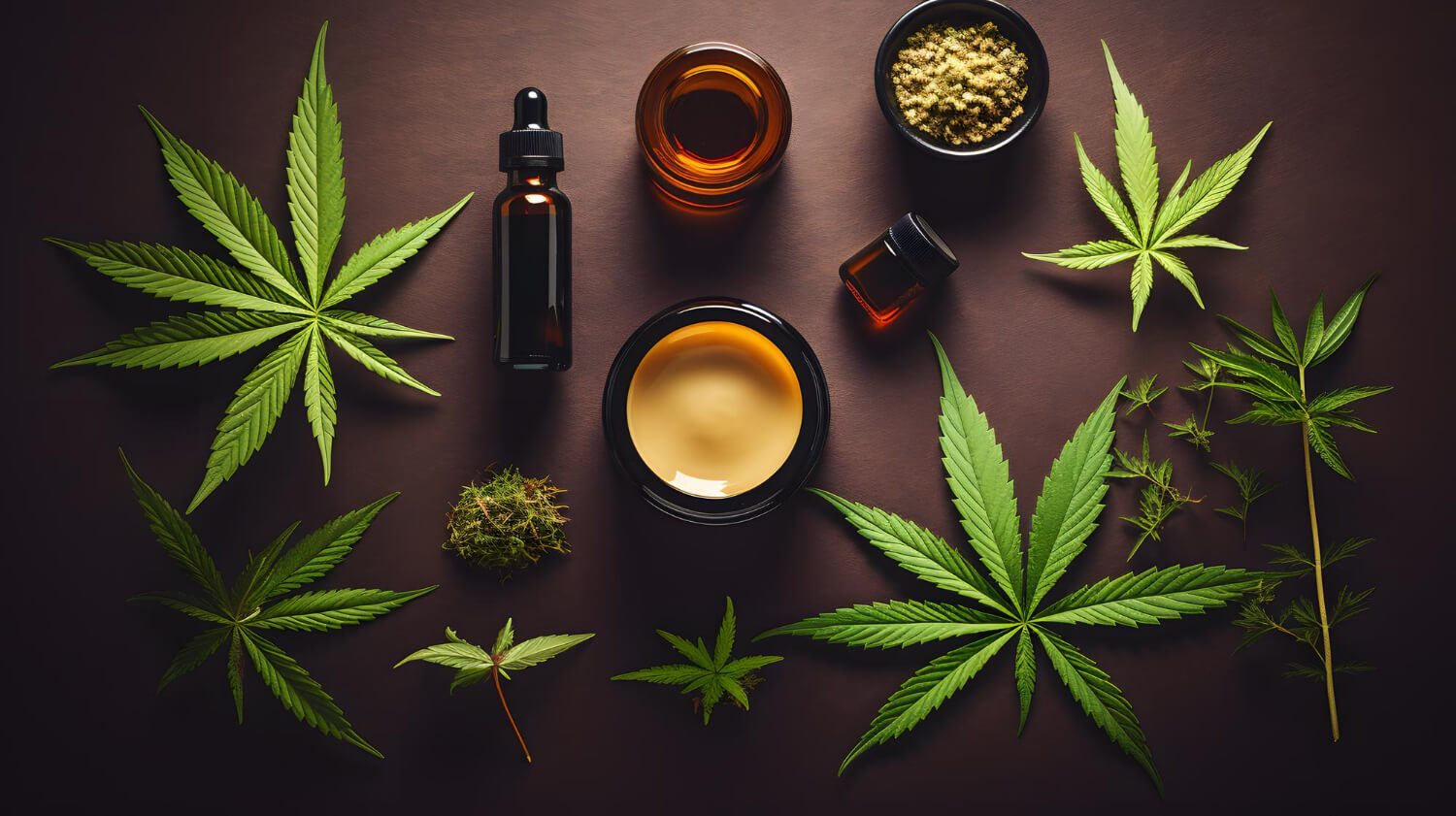In a recent move, Health Canada has released a comprehensive guidance document aimed at cannabis producers in the country. This document focuses specifically on intoxicating cannabinoids other than delta-9-tetrahydrocannabinol (delta-9-THC), which is the primary psychoactive component present in cannabis plants.
Risks Presented by Unregulated Production of Intoxicating Cannabinoids
The main objective of this release is to address the potential risks that arise from the unregulated production and distribution of these cannabinoids. Intentionally incorporating such compounds into cannabis products could pose significant health and safety risks for users, given their potency and lack of sufficient research data. Health Canada warns against deliberately including these substances, intending to sidestep existing regulatory controls applicable to delta-9-THC.
A List of Harmful Intoxicating Cannabinoids
In its recent guidance, Health Canada provided an extensive list of intoxicating cannabinoids that warrant attention. These comprise delta-8-THC, delta-10-THC, delta-6a-10a-THC, THC-O-acetate, cannabinol (CBN), hexahydrocannabinol, tetrahydrocannabivarin, tetrahydrocannabiphorol, and tetrahydrocannabutol. The agency emphasizes that these substances must be monitored as closely as the total THC content found in various cannabis products.
Recommended Restrictions and Limits for Total THC Content
In light of these findings, Health Canada recommends applying the same restrictions and limits that are prescribed for total THC content to all cannabis products containing these minor intoxicating cannabinoids. Accordingly, edibles would be restricted to a maximum of 10mg of THC per package, while topicals and concentrates can contain up to 1000mg of THC.
This implies that an edible product containing 8mg of delta-9-THC could only have a maximum of 2mg of any other intoxicating cannabinoids in compliance with these guidelines. Such limitations are aimed at ensuring consumer safety and upholding the integrity of the country’s highly regulated cannabis market.
CBN Included Under Federal Limit for Edibles by AGLC
The Alberta Gaming Liquor & Cannabis (AGLC) reportedly included CBN – one of the intoxicating cannabinoids – under the federal limit for edibles earlier this year. This was based on existing guidance from Health Canada that lacked specific references to CBN. It is worth noting that Health Canada has since engaged in discussions with industry experts about including CBN among the list of minor cannabinoids deserving of regulation.
Understanding the Implications of Regulated Intoxicating Cannabinoids
The release of this guidance document furthers the commitment of Health Canada towards fostering an accountable and safe marketplace for local consumers. By introducing regulatory measures that govern the usage of intoxicating cannabinoids beyond delta-9-THC, the agency seeks to establish baseline standards for quality control across the industry.
Additionally, it emphasizes the responsible role that cannabis producers need to adopt when formulating new products. With frequent debates over the benefits and drawbacks of cannabis legalization, efforts like these promote consistency and transparency in the sector, urging manufacturers to avoid exploiting loopholes or cutting corners.
A Move Towards Improved Consumer Safety and Accountability
The comprehensive guidance from Health Canada not only impacts the manufacturers but also advocates for improved consumer safety. Clear guidelines on permissible limits for THC and other intoxicating cannabinoids offer a layer of protection that ensures these substances do not surpass safe levels or inadvertently harm unsuspecting users.





